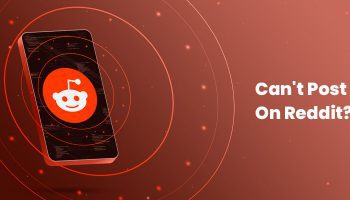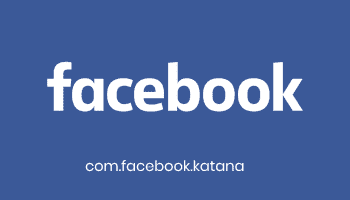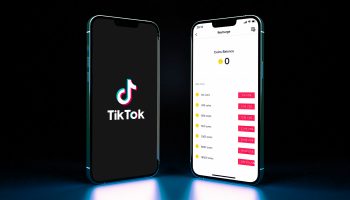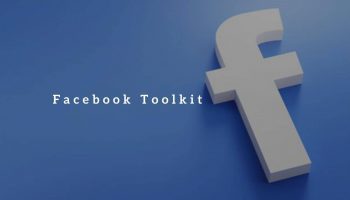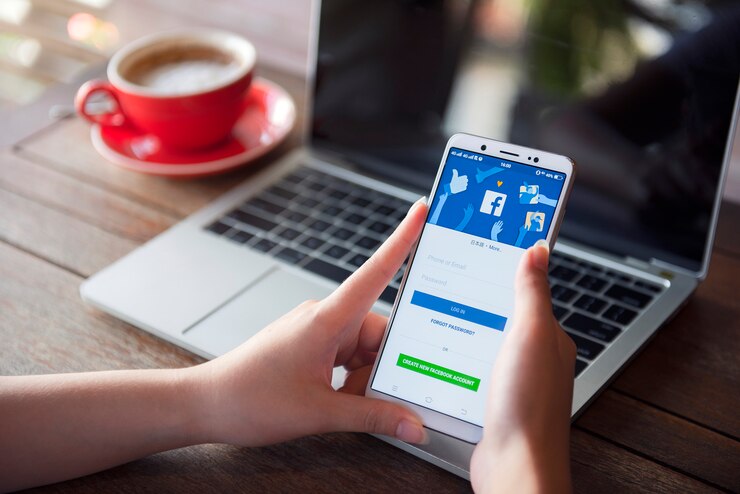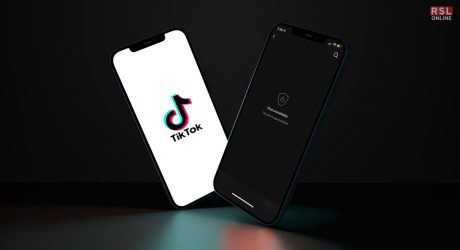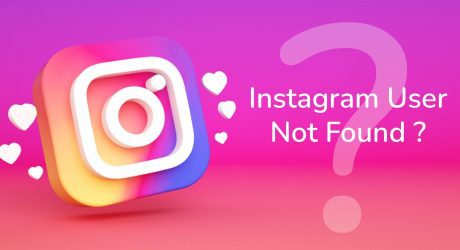Facebook is a mainstay in our lives these days, just as the likes of Twitter, Instagram, and TikTok have become, but there’s something about Facebook that we can become so obsessive about.
Behavioural addiction is rife at present, and social media addiction is a huge part of that, particularly due to Facebook. The platform itself has added certain features that enable people to limit how much time they spend on it, but many still ignore this and are scrolling through hour after hour each day.
But how exactly do you know that you may be addicted to Facebook? If that is something that you want to know, you will find this blog to be of help. Keep reading till the end or learn more about how to know if you are addicted to Facebook and more…
What Makes Facebook So Addictive?
Like any other social media, Facebook is a platform that primarily offers gratification almost instantly.
Instant likes and other notifications let you know right away who is viewing your post when you share it on the platform. Whether it’s a funny video, an emotional status update, or a photo that you have posted, you get gratified.
Supportive and admiring remarks can give a great boost to your confidence and self-esteem, as the number of likes and other engagement on your post goes up.
You may eventually develop a need for this affirmation, particularly during difficult times.
Similar to how substances or certain behaviors can become a coping mechanism for dealing with negative emotions over time, Facebook can become one.
How To Know If You Are Addicted To Facebook?
If you have been thinking about looking for signs that will let you know if you are addicted to Facebook, you have reached the right place. Here are some of the points that might help you realize whether you are addicted to the social media platform or not.
Take a look at these:
Checking Facebook Excessively
If you find yourself constantly checking Facebook throughout the day, even when you don’t have any notifications or messages, this could be a sign of addiction. You may find yourself reaching for your phone or opening up Facebook on your computer without even realizing it. This constant need to check Facebook can disrupt your work, personal life, and sleep.
Spending Excessive Amounts Of Time On Facebook
If you are spending hours on Facebook each day, this could be another sign of addiction. You may find yourself scrolling through your newsfeed, watching videos, or chatting with friends for extended periods of time. Excessive use of Facebook can interfere with your daily life, and you may find yourself neglecting other responsibilities or activities.
Prioritizing Facebook Over Real-Life Interactions
If you find yourself canceling plans with friends or family to spend time on Facebook instead, this could be a sign of addiction. You may feel more comfortable interacting with people on Facebook than in person. This can lead to social isolation and a lack of meaningful connections in your real-life relationships.
Feeling Anxious Or Irritable When You Can’t Access Facebook
If you feel anxious or irritable when you are unable to access Facebook, this could be a sign of addiction. You may find yourself constantly thinking about what is happening on Facebook or worrying about missing out on updates or notifications. This can lead to feelings of stress and anxiety and can disrupt your ability to focus on other tasks.
Neglecting Important Responsibilities Or Activities
If you find yourself neglecting important responsibilities because of your use of Facebook, this is a clear sign of addiction. You may find yourself skipping work or school, neglecting household chores, or missing important appointments or events because of your use of Facebook.
How To Deal With Facebook Addiction?
Now that you know about the signs through which you can tell whether you are addicted to Facebook or not, it is time for you to learn about the ways in which you can fight this.
Here are some of the steps that you can take to ensure that you are able to control your use of Facebook in your day-to-day life:
1. Pay Attention To Your Mood
Perceiving how Facebook affects you might give you more inspiration to scale back. Assuming you use Facebook to work on your mindset, you probably won’t see immediately that utilizing Facebook really aggravates you.
Try writing down how you’re feeling before and after you use Facebook. Pay attention to particular emotions like envy, sadness, or loneliness. If you can, figure out why you’re feeling them to try to stop yourself from thinking bad thoughts.
2. Find Other Hobbies
You can also try out or create newer hobbies if you want to try to find ways of staying off Facebook.
Here are a few things that you can do:
- Yoga
- Hiking
- Sketching
- Meditation
- Sewing
- Cooking
3. Restrict Your Use Through Phone’s Features
There are several features that are available on smartphones these days. They help users in restricting the amount of time they use on the phone or on a particular app. Turn on the digital well-being feature of the phone and this will automatically restrict you from using Facebook after a certain hour.
You can likewise have a go at deactivating the application assuming that is useful. Focus on gradually reducing your use if deactivating your account feels too drastic. You might find it more accommodating to gradually scale back Facebook use as opposed to erasing your record immediately.
4. Walk A Little
Many people find it helpful to take a short break from Facebook. That is the reason why taking a little break and going for a walk is often advised. It is a great way to reconnect with yourself and disconnect from the world of social media.
Begin with a day disconnected, then attempt seven days. You might find it difficult to stay off Facebook for the first few days, but as time goes on, it might become easier.
5. Track The Total Use
Last but not least, of all the things that you can do to control your addiction to Facebook, is tracking the total hours that you spend there. This allows you to be conscious of using the app.
Following the amount you use Facebook for a couple of days can give you a thorough understanding of exactly the time that you spend on the app. Track for any patterns, such as using Facebook before bed, during breaks, or during class. Distinguishing examples can show you how Facebook disrupts day to day exercises.
Read Also:






![How to Rebuild Trust in a Relationship [According to Experts]](https://www.rslonline.com/wp-content/uploads/2024/12/How-to-Rebuild-Trust-in-a-Relationship-According-to-Experts-2-100x91.jpg)
![How to Fix a Broken Relationship [Expert’s Advice You Need to Read]](https://www.rslonline.com/wp-content/uploads/2024/12/How-to-Fix-a-Broken-Relationship-Experts-Advice-You-Need-to-Read-100x91.jpg)


